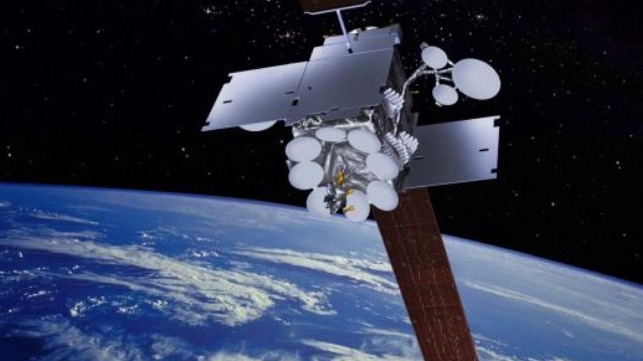Inmarsat: COVID-19 Has Accelerated Digitalization in Shipping

According to a new report sponsored by satcom provider Inmarsat, the COVID-19 pandemic has greatly accelerated the uptake of digital technology in the maritime industry.
“The impact of COVID-19 on ship operations is evidenced by a massive increase in the use of remote services such as pilotage and surveying,” wrote maritime consultancy Thetius. “Similarly, crew training and officer examinations went fully online for the first time ever in some jurisdictions. More broadly, global trade facilitation saw an explosion in the use of digital tools, including massive growth in consumer demand for e-commerce and the use of online booking platforms for shipping freight.”
A study of Inmarsat’s own records showed that the average daily data consumption per vessel nearly tripled during the first year of the pandemic, rising from 3.4 to 9.8 gigabytes. The report's authors project that the global maritime digital products and services market this year will be worth $159 billion - 18 percent more than pre-pandemic forecasts. By 2035, it could double to $345 billion.
This market is expanding due to the uptake of new solutions, like remote pilotage, remote surveys and remote medical assistance. COVID-19 has expanded the use of telemedicine in general, and seafarers - who have often been prohibited from disembarking due to coastal state quarantines - have increasingly turned to remote consultations with physicians. The number of calls to the seafarer-focused International Radio Medical Centre (CIRM) doubled in the first half of 2020.
"Digital solutions are now pervasive in maritime, and one consequence of COVID-19 has been that our customers – and their customers – increasingly think digital first," commented Stefano Poli, VP Business Development, Inmarsat Maritime. "The last 18 months have been challenging, but they have also brought a seismic shift in attitudes in favour of IoT-based solutions for crew connectivity, safety, sustainability and ship efficiency."
This thriving market is attracting new contenders, like OneWeb, which is building out a low earth orbit (LEO) network that will compete for maritime customers. Inmarsat is addressing this challenge with a new LEO plus GEO plus 5G product, dubbed Orchestra, which will integrate its existing geosynchronous satellite services with additional new options. "Orchestra will deliver future-proof connectivity everywhere - including to hot spots in busy ports, passenger ships and autonomous vessels," said Poli.
